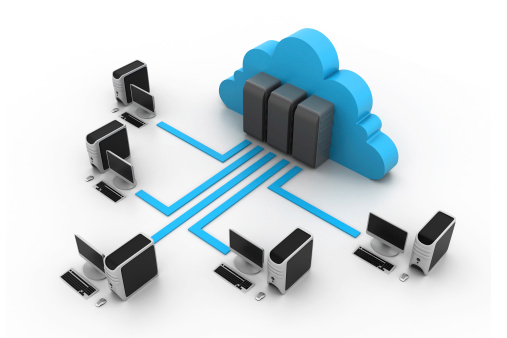By Nick East
On July 14, 2015, support for Windows Server 2003 (WS2003) and Small Business Server 2003 (SBS) will officially come to an end. For the millions of small and midsized companies currently using these operating systems, it’s vitally important to end your dependence on them before Microsoft stops providing support.
Here are three potential challenges small businesses using these operating systems may face and why hybrid IT offers a way to combat these challenges and put a robust, updated IT solution in place.
1. Security Threats Can Impact Your Bottom Line
As of July 14, 2015, Microsoft will no longer develop or release any updates or patches to Windows Server 2003. This puts your small businesses, and the applications you run, at risk if you continue to run this operating system.
Microsoft released 37 critical updates for Windows Server 2003 during 2013. These seemingly invisible updates will have protected your business and data, but without the patch updates, your organization may be susceptible to future attacks. It’s rare to see a day, week or month go by without news of a security breach. According to Symantec, in 2013 there was a 91 percent increase in targeted attack campaigns over the previous year and globally over 522 million identities were exposed via breaches. With statistics like these, ensuring your systems are fully protected is becoming more important each day.
2. Compliance Issues Can Cost You
Ensuring confidential data is secure is a must for any size business—all the more so f your small business is bound by compliance to data security and/or service availability regulations. For example, if your business is required to be PCI compliant and continues to run a platform that no longer has vendor support, Visa and MasterCard can withdraw their services until your systems are updated to meet their standards. This can lead to lost business or dramatically increase the cost of doing business in the form of high transaction fees and penalties.
3. Outdated Systems Mean Increased Expenses
Yes, migrating away from Windows Server 2003 will cost your business money, and if you’re on a tight budget, you may be tempted to stick with the aging servers. However, waiting until an outage or security breach hits may prove a false economy—one that will cost your business more in down time, cash, performance and reputation than updating your servers would have.
Even before disaster strikes, the costs of maintaining legacy servers can quickly add up. Maintenance and power costs for aging hardware will be higher than for a modern, efficient and supported platform, and you will have to deal with the added cost of intrusion detection systems, more advanced firewalls and network segmentation to isolate your outdated servers.
Hybrid IT: the Ideal Solution
Don’t think of July 14, 2015, as a date to fear, but as a chance to refresh and update your IT capability. Hybrid IT gives your business the opportunity to increase flexibility and scalability, while ensuring your IT team keeps a high level of control. It combines the flexibility and economics of the cloud with the control of on-premise IT, and allows organizations to take advantage of new software capabilities to become more agile and respond to the needs of the business. No wonder more and more businesses are embracing hybrid as an IT strategy.
Now is the perfect time to start your migration to a future-proof platform that enables your IT to work as intended: as a vehicle for business advancement and innovation. Migrating to a modern, efficient and supported platform can help enhance productivity, improve efficiency and save money. There has never been a better time to change your IT infrastructure.
 Nick East is CEO of Zynstra, which provides hybrid IT solutions for businesses.
Nick East is CEO of Zynstra, which provides hybrid IT solutions for businesses.







